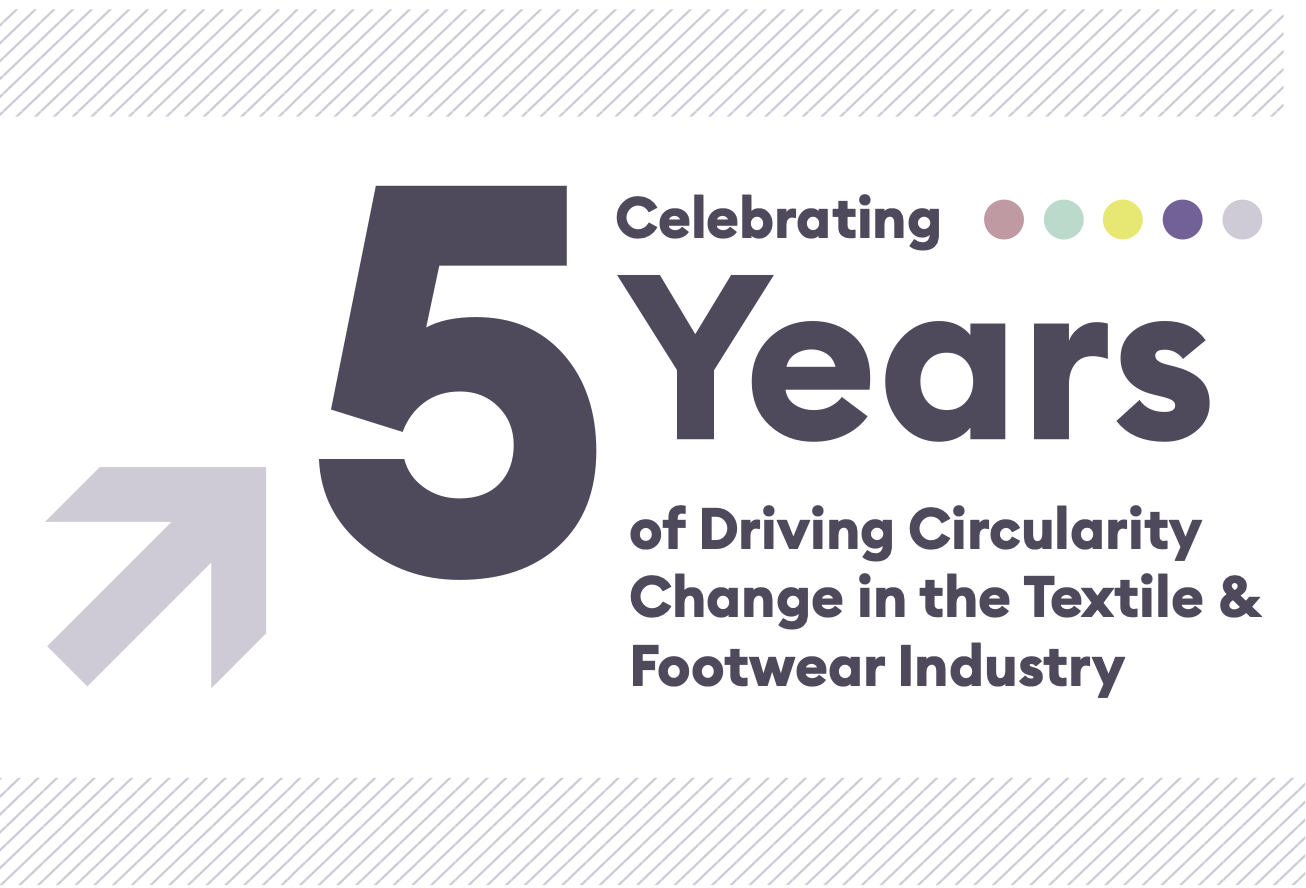Fashion CEO Agenda 2021
This report shines light on social and environmental implications and intersections. It puts forward a vision statement for the fashion industry, striving for, ‘a thriving industry that creates prosperity for people and communities by working within planetary boundaries, reversing its impact on climate change and protecting biodiversity.’




